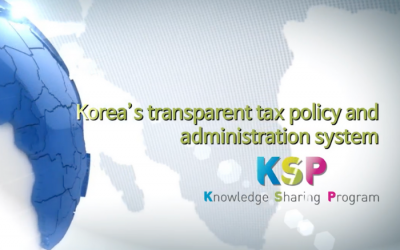Reform on Transportation System

These days, the importance of a user-centered mass transit system is gaining traction worldwide. Above all, such a transportation system brings in tremendous social and economic benefits. In the 1990s, Korea began to feel the compelling need for innovations in public transportation as situations were getting out of control as a result of continuous rapid urbanization and an increasing number of cars. The Metropolitan Seoul Government embarked upon user convenience centered public transport reforms in 2004.
As a result, Seoul has now emerged as a worldwide role model in public transport reforms by enhancing social fairness through transportation welfare and reducing social costs incurred by aggravating urban transport problems. The Seoul experience is also significant in the sense that it underlines the importance of building infrastructure required for effective operations of public transport system and eventual public transport reforms. This course sums up how the Seoul Metropolitan Government built up infrastructure for its successful public transport reforms. In addition, I would like to share with you the citys experiences in the creation of T-money, a public transit card, and the establishment of an innovative operating system through collaboration between the city government and private companies.
- Land Development
- Curso en inglés
